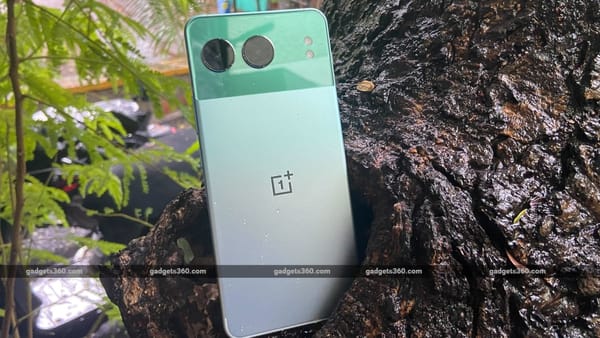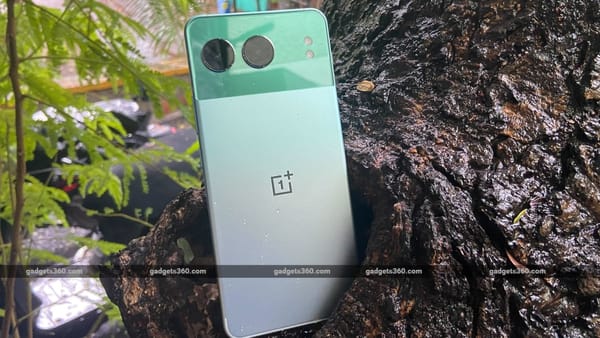The Merger of Rebellions and Sapeon: A Strategic Move in South Korea's AI Chip Industry

Introduction
In recent years, there has been a surge in fundraising activities within South Korea's fabless AI chip industry. This growth is in response to the increasing demand for hardware to power AI applications. Two key players in this market, Rebellions and Sapeon, have decided to merge in a strategic move to solidify their position and compete globally, particularly against industry giant Nvidia.
The Merger
- The merger between Rebellions and Sapeon is aimed at leading the fabless AI chip market in South Korea to take on global rivals like Nvidia.
- The companies are focusing on research, development, design, and marketing of chips rather than manufacturing.
- The merged entity is considering going public in the next two to three years.
- The companies see the next few years as a critical period for South Korea to establish itself in the global AI chip market.
- The merger will allow them to strengthen their neural processing unit (NPU) business after the merger.
Industry Landscape
- Nvidia currently dominates the specialized AI chip market, accounting for over 97% globally.
- Other tech giants like Apple, Google, Amazon, and Microsoft are also developing their own hardware for AI applications to reduce dependence on Nvidia.
- Companies are exploring alternatives to Nvidia due to increasing costs, declining chip availability, and the need for more autonomy in hardware solutions.
The Way Ahead
- The merger ratio between Rebellions and Sapeon was not disclosed, but due diligence will begin shortly.
- The transaction is expected to close in the second half of 2024.
- Rebellions will lead the management of the new entity, with all employees from both companies joining.
- Stakeholders in the merged entity include SK Telecom, KT, and SK Hynix.
- Rebellions will maintain its partnership with Samsung Electronics for ongoing projects like Rebel.
- Sapeon recently launched a 7-nanometer AI chip for autonomous vehicles and aims to develop an on-device AI chip for edge computing.
- The merger comes after Rebellions raised $124 million in a Series B funding round, valuing the company at approximately $658 million.
Conclusion
The merger between Rebellions and Sapeon marks a significant development in South Korea's AI chip industry. By joining forces, the companies aim to strengthen their position in the global market and compete with industry leaders like Nvidia. The collaboration will also allow them to enhance their NPU business and explore new opportunities in the evolving tech landscape.


